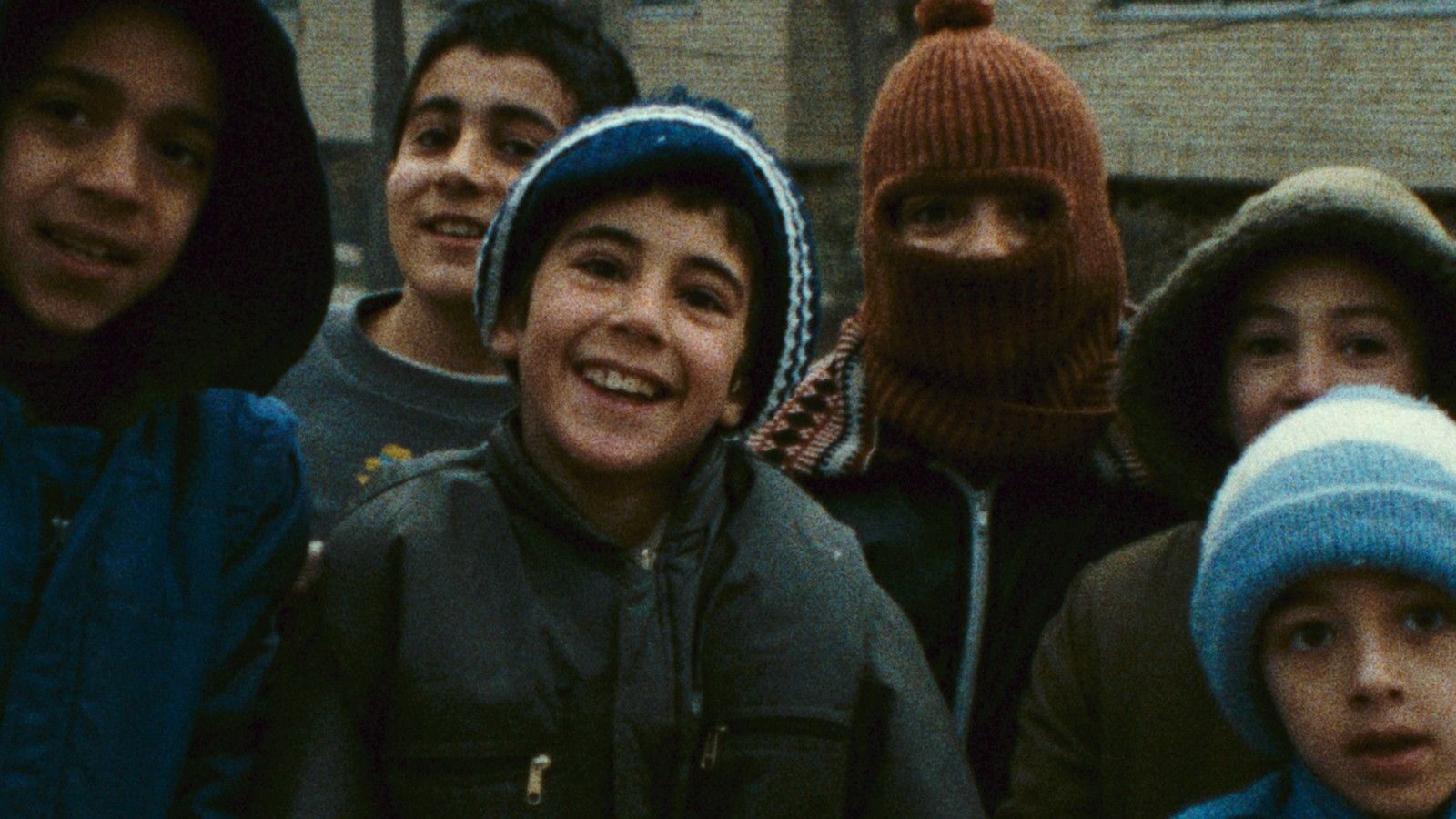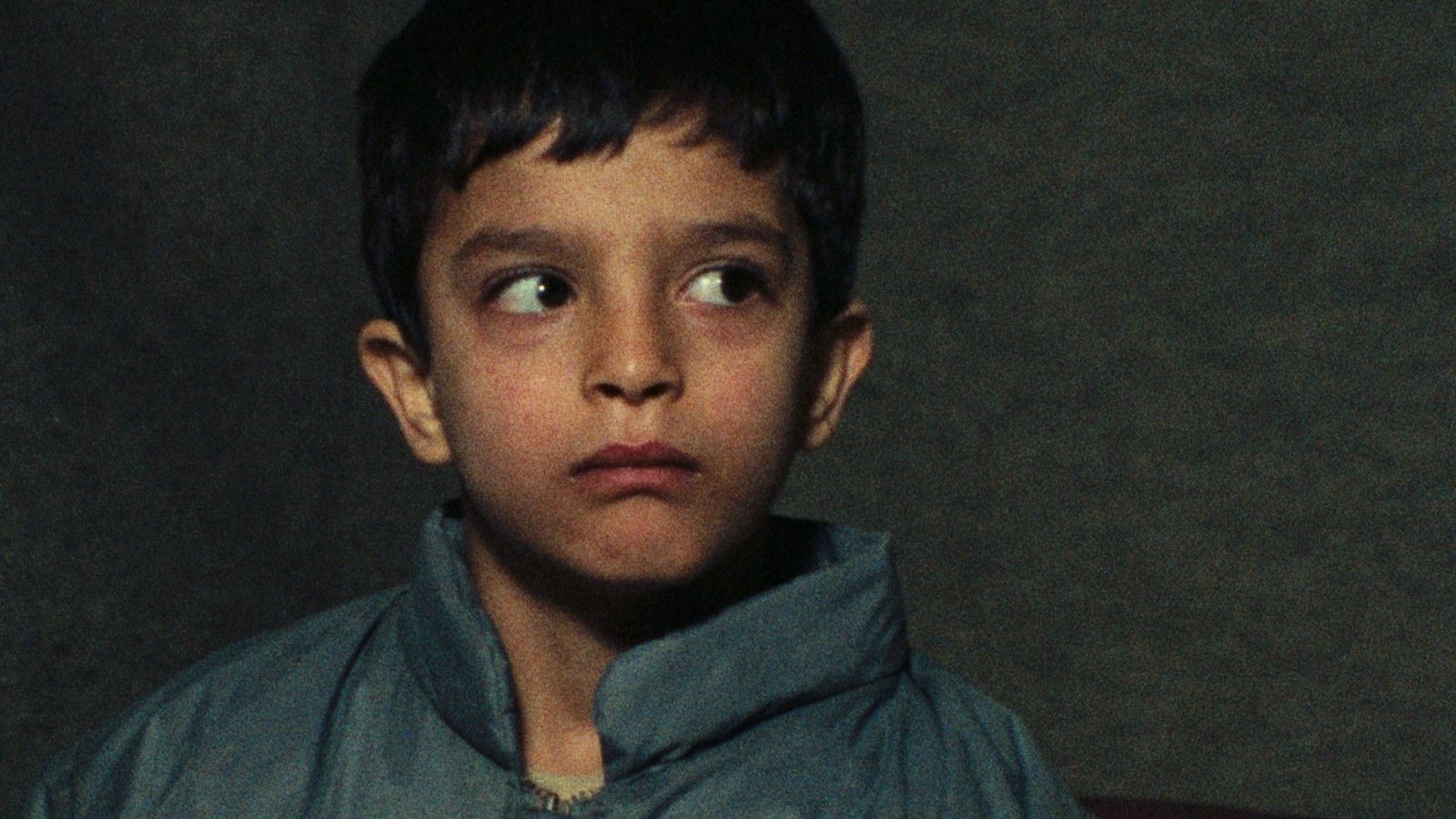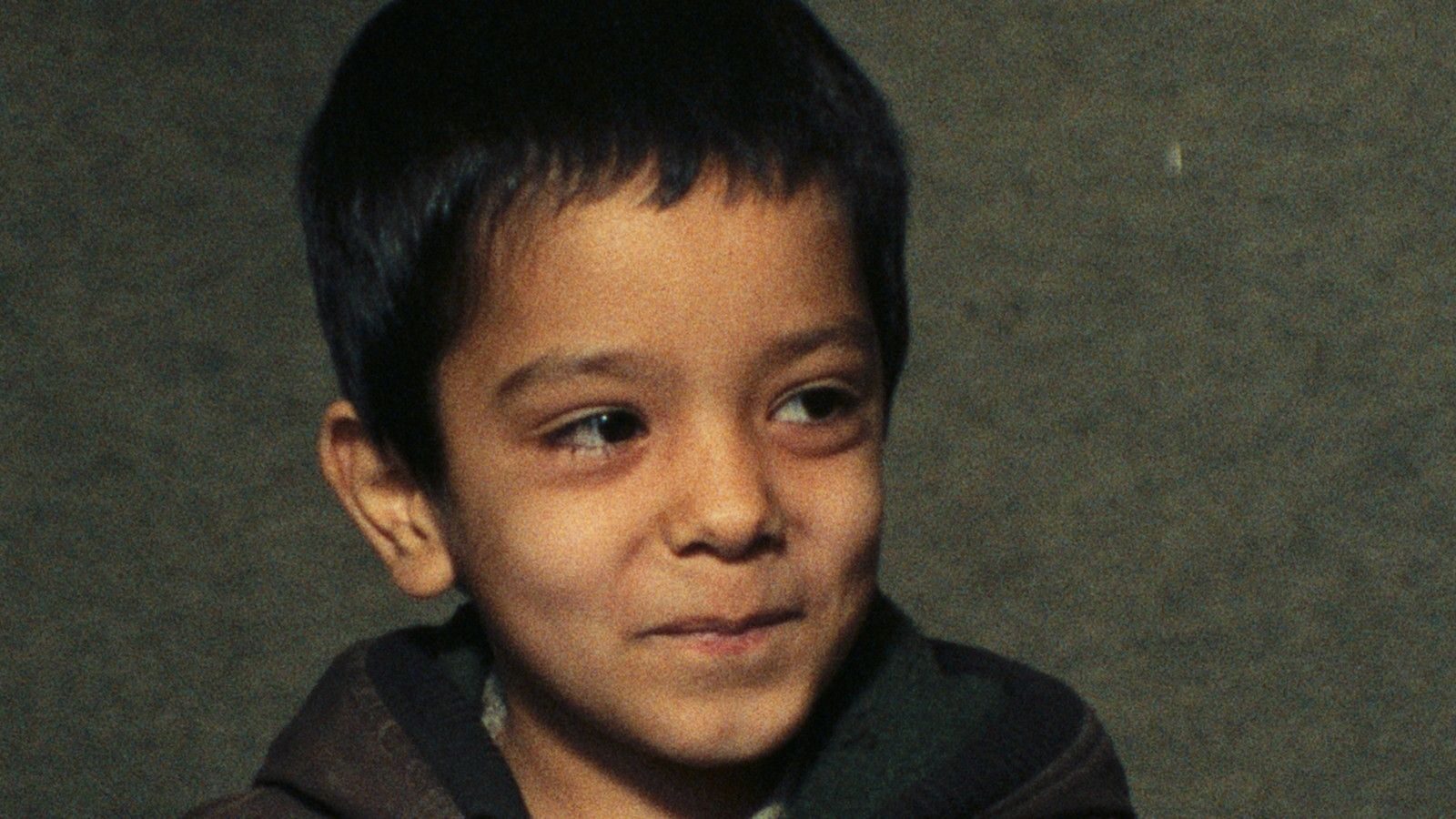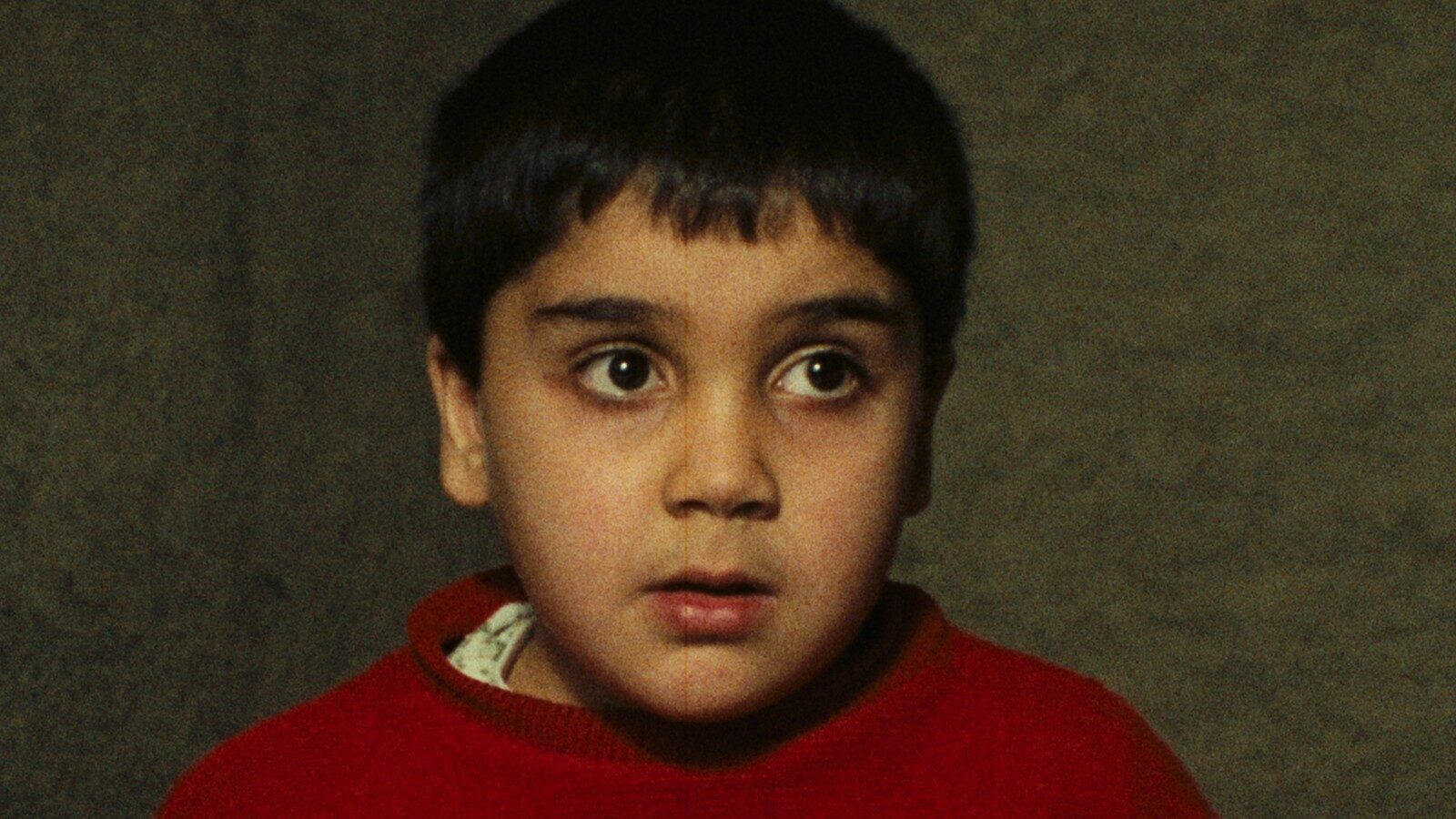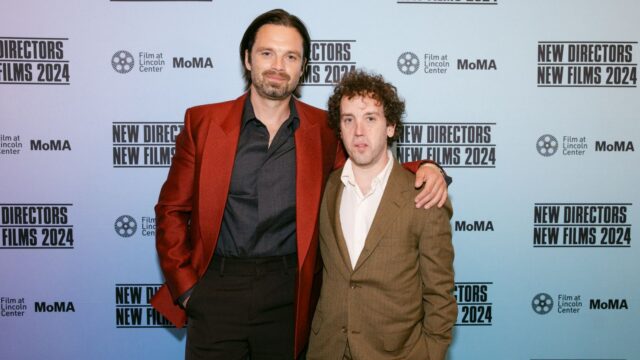Homework
Abbas Kiarostami described his ninth feature not as a film, but rather as a filmed inquiry motivated by the semi-explicable problems that his own children brought home every night from school. In the delightful result, young scholars are questioned on camera by Kiarostami himself; with their backs to the wall, framed in close-up, they face the camera and talk about excessive amounts of homework, the allure of TV cartoons, and the lingering promise of punishment that hovers over any possible youthful temptation. A characteristically playful and philosophical examination of modern methods of education, Homework finds Kiarostami at his most curious and compassionate.
As I was watching this film, I was transported back to my school years. We learned how to negotiate for our position through rewards and discipline. The film is about authority and how people express themselves while being watched. A camera is also one of the commanding powers in the picture. I have my doubts that this piece is entirely nonfiction. However, one of the ideas of this film, or of cinema in general, is manipulation. This mirror-like image is captivating. —Apichatpong Weerasethakul

